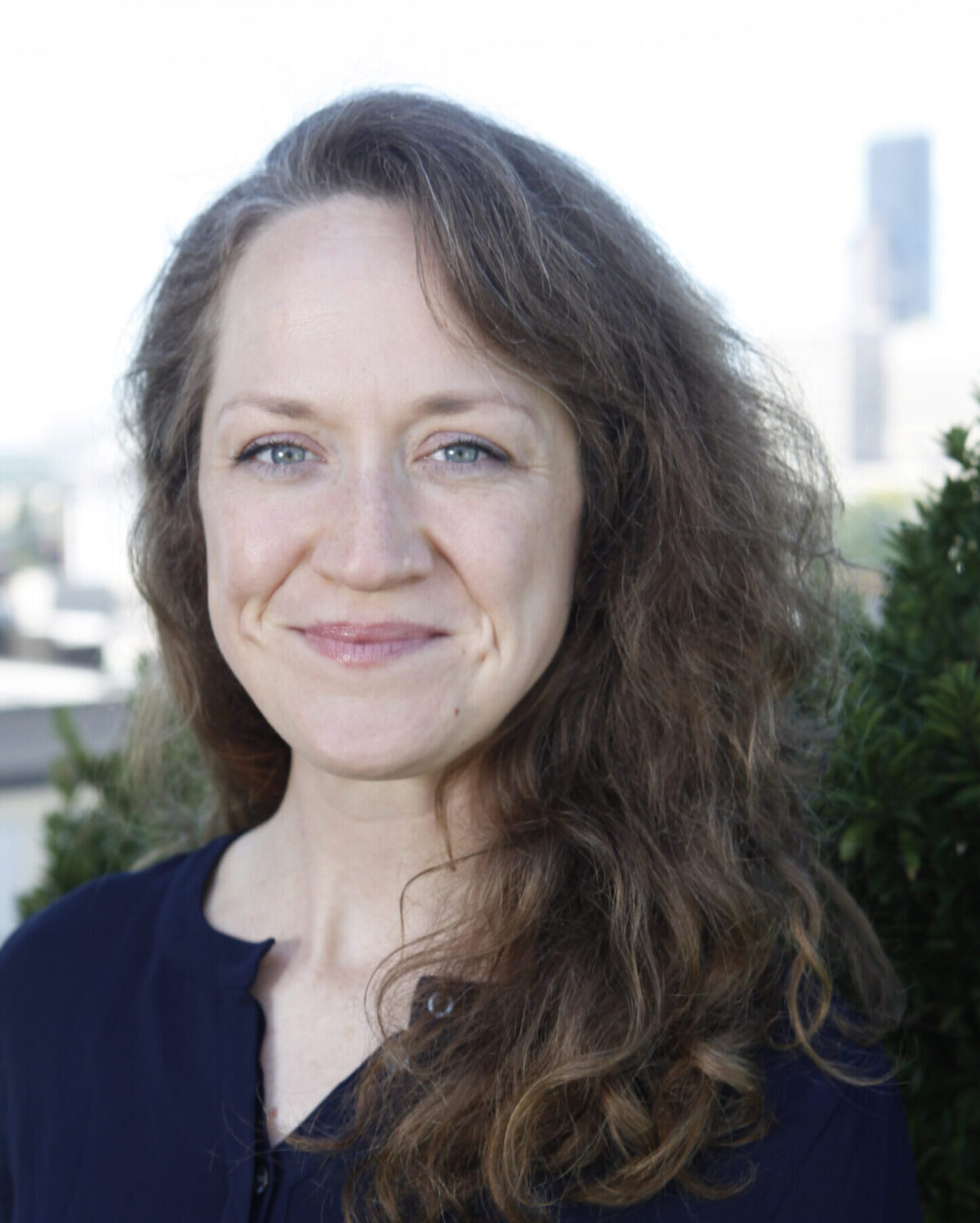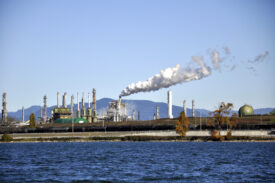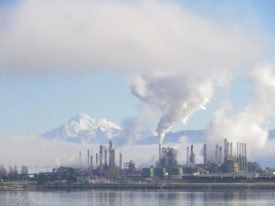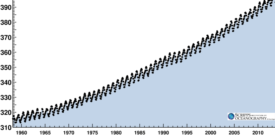Kristin E.
Futurist Vivek Wadwha has good news: within two decades we will have almost unlimited energy, food, water, and healthcare. The bad news is: there won’t be any jobs, and there is no “jobs bill” that can fix that. What are we to do? He suggests shorter work weeks, which makes sense. But how do you get shorter work weeks for everyone? Walmart won’t pay a living wage to full-time workers, why would they start paying a living wage to people working only 20 hours a week when robots are doing all the dirty work anyway? I agree with futurist Zoltan Istvan that we need a Universal Basic Income so that people can work as much as they want on the things that are important to them without needing an anachronistic make-work job. Or as Vox puts it: have the federal government just give the money to people, instead of giving it to financial institutions in exchange for bonds and hoping that will evenually help people.
Wadwha’s Singularity University buddy, Peter Diamandis, is also thinking about an exponential future, but in a recent Medium article he unfortunately got caught up in some ideology about government slowing progress, so I wrote this response.
Kristin M.
This article does a pretty good job of laying out the story about the potential for renewable energy to stop coal trains by removing the demand for coal. And it also illustrates the potentially virtuous circle of people-planet-(and yes)profit, i.e., sustainability.
Serena
As one who couldn’t appreciate the fixie bike even in my ultra flat home city of Chicago, I of course had to click on a story from Colorlines earlier this week, “Oakland’s Answer to Hipster Fixies: Scraper Bikes.” It profiled an East Oakland man setting a positive example for kids in his neighborhood by way of some truly awesome-looking bikes and regular group rides. Ah, the power of bikes…
“Is the Environment a Moral Cause?” And if so, why do liberals seem to glom on to it more than conservatives? Stanford sociologist Robb Willer and University of Toronto psychologist Matthew Feinberg found strong influence from the way the media discuss climate in largely politically polarized (and polarizing) terms, and that to close the moral obligation gap, framing the issue in core conservative value terms—think “pure and sacred”—would prove a powerful strategy.
Alicia
Brentin Mock takes a look at the ways in which climate change, gentrification, and racism play on one another in his recent Grist article, “Climate change is the ultimate gentrifier.” Some food for thought, as our cities adapt to a swiftly changing planet.
Clark
Vox celebrates the man who built a tunnel in a Toronto park.
Is American democracy doomed? Yes, says Matt. No, says Ezra.
Anna
Do you have any idea how big a grizzly bear paw actually is? (Now you do. Spoiler: shockingly big.)
Is one unlikely word—geoengineering—the key to less political polarization around global warming and more conservative acknowledgement of the scientific consensus? (More likely it’s yet another lesson that people are more apt to accept a problem when the proposed solutions fit their worldview—and vice versa.)
And, ten untranslatable Norwegian terms, including, my favorites, a word to describe the feeling of warmth and friendliness that arises from sharing simple pleasures of life with people you like and a word for a person who avoids confrontation, risk, wild times, leaving the house…a “slipper hero”—tøffelhelt.
Finally, a must-see video version of Drew Lanham’s (and BirdNote’s) Rules for the Black Birdwatcher.
Eric
Oil Change International has a very good piece explaining why heavy tar sands oil is just as dangerous as light Bakken oil in a derailment. That point was driven home a couple of weeks ago, when a tar sands-bearing train in Ontario went off the rails and erupted into the same sort of apocalyptic fireballs that have become all-too-common recently.
At Indian Country, Robert Walker makes the Lummi Nation case against the coal terminal planned for Whatcom County.
At Whatcom Watch, physicist Michael Riordan takes a careful analytic approach to coal dust and wind exposure at the site of that proposed terminal. He concludes that the location is a terrible one—and that large-scale coal dust escape is very likely. (Over at his own blog, meteorologist Cliff Mass elaborates Riordan’s work.)
The ever-energetic Reuven Carlyle, one of the best we have in the Washington legislature, put together a great video explaining why the state’s tax system is so deeply irrational and unfair.
Speaking of state politics, here’s an endeavor to support: a nonprofit news venture dedicated to covering environmental policy in Olympia. Funding will support the work of Chris Dunagan, an excellent reporter formerly with the Kitsap Sun who has a deep knowledge of Puget Sound issues among other topics.
Bad news for urbanists: researchers at Cornell developed a model-based simulation to predict how a zombie outbreak might unfold. The nickel version is that city-dwellers don’t last very long.
Is it possible we just invented the color blue?







